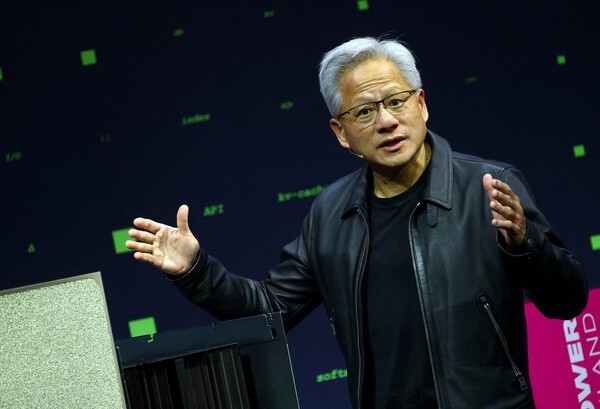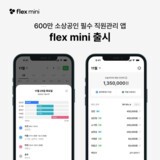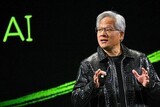“The West hesitates before technology… China accelerates with electricity subsidies”
Jensen Huang, CEO of NVIDIA, the world’s leading artificial intelligence (AI) semiconductor company, indirectly criticized the U.S. policy banning exports of advanced chips to China. He pointed out that while Western nations are restrained by regulations, China is rapidly expanding its AI industry with government-backed energy subsidies.

“The West has lost its optimism about technology”… “Regulation doesn’t bring progress”
At the FT Future of AI Summit held in London on November 5 (local time), Huang predicted that “China will overtake the United States in the AI race.”
He said, “The West has fallen into cynicism about technological progress,” adding, “If all 50 U.S. states create their own regulations, that’s like adding 50 new shackles.”
“Electricity is free in China”… The hidden edge in AI chip competitiveness
Huang remarked, “In China, electricity is free,” explaining that this allows Chinese companies to reduce the cost burden of using domestically made AI chips from firms like Huawei.
With the Chinese government providing energy subsidies to tech companies, firms such as Huawei can operate domestic AI chips as cheaper alternatives to NVIDIA’s products.
While NVIDIA’s high-performance chips are generally considered superior in computing power and energy efficiency, the subsidies are rapidly narrowing the gap—echoing the saying, “No one can compete with cheap electricity.”
Recently, the Chinese government has expanded energy support for major tech companies such as ByteDance, Alibaba, and Tencent.
Trump: “Export ban will continue”… Huang: “Losing the Chinese market means losing the future”
Huang’s remarks came shortly after U.S. President Donald Trump reaffirmed his policy to ban exports of NVIDIA’s cutting-edge AI chips to China.
Last month, during NVIDIA’s developer conference (GTC) in Washington, D.C., Huang had already warned, “The U.S. cannot win the AI race if it gives up the Chinese market.”
He argued that “selling semiconductors to China—and keeping them dependent on U.S. technology—will ultimately lead to America’s long-term advantage.”
However, President Trump drew a firm line during an interview with CBS, declaring, “No one outside the United States will have access to the most advanced chips.”
By Choi Song-a, Contributing Reporter| neria97@hanmail.net
- “The Night of AI Companions”: Jensen Huang, Jay Y. Lee, and Euisun Chung Toast a Global AI Alliance Over Fried Chicken and Beer
- BlackRock and NVIDIA Lead $40 Billion Data Center Takeover, Igniting an ‘AI Infrastructure War’
- NVIDIA’s $2.8 Billion Bet on Elon Musk’s xAI: The Hidden Strategy Behind Its GPU Empire
- NVIDIA Opens AI Avatar Source Code, Shaking Up Gaming and Metaverse Markets
- NVIDIA Bets $100 Billion on OpenAI: The Dawn of an AI Power Shift
- Xpeng to Launch Self-Developed AI-Chip Robotaxi Next Year: “Ahead of Tesla”
- [Tech Column] In the Post-Nuclear Era, Korea’s AI Survival Strategy Hinges on Power Supply
- NVIDIA Secures HBM4 Samples from Samsung and SK hynix
- China’s Moonshot AI Sparks Global Buzz With ‘Kimi-K2’: “Smarter Than DeepSeek... at a Lower Cost”
- NVIDIA’s Jensen Huang Rejects AI Bubble Concerns as a 500 Billion Dollar Order Book Shows the Company’s Lead is Real

![[동학] 카카오톡 친구탭, 결국 12월 롤백… “격자형 피드는 선택 옵션으로”](https://cdn.kmjournal.net/news/thumbnail/custom/20251126/5517_10550_1119_1763853080_120.jpg)


![[테크 칼럼] 제미나이3, GPT-5.1을 넘다…AI는 이제 ‘일을 대신하는 시대’로 간다](https://cdn.kmjournal.net/news/thumbnail/custom/20251126/5457_10454_4847_1763621329_120.jpg)



![[낭만 테크 시대] AI 대항해 시대](https://cdn.kmjournal.net/news/thumbnail/custom/20251126/5603_10714_4334_1764121414_160.jpg)

